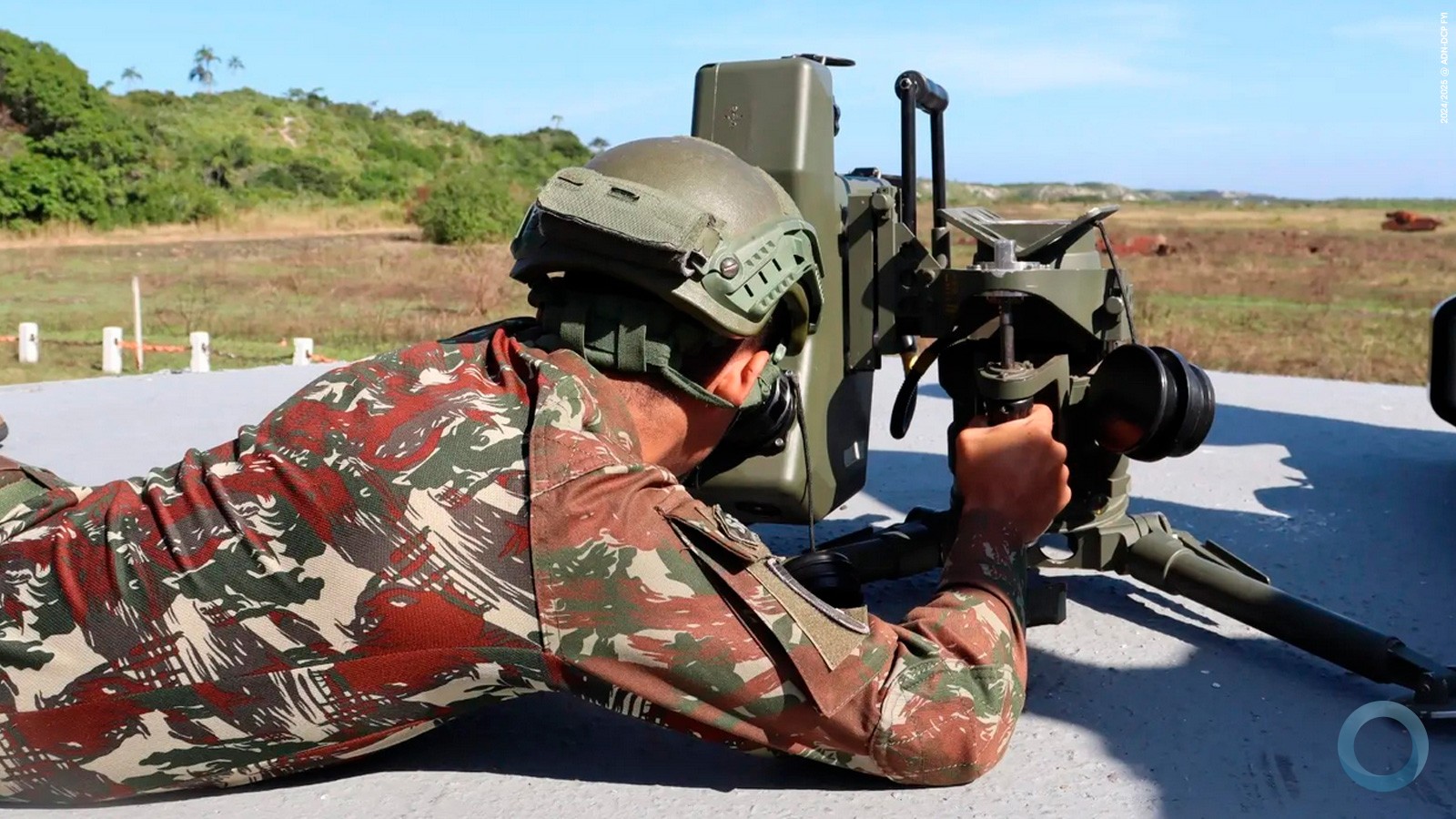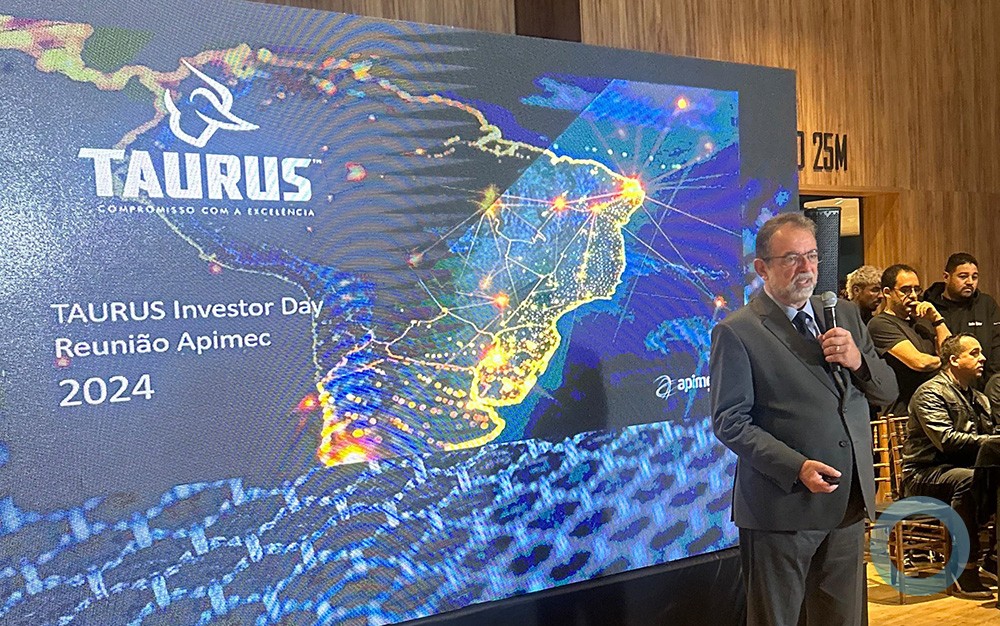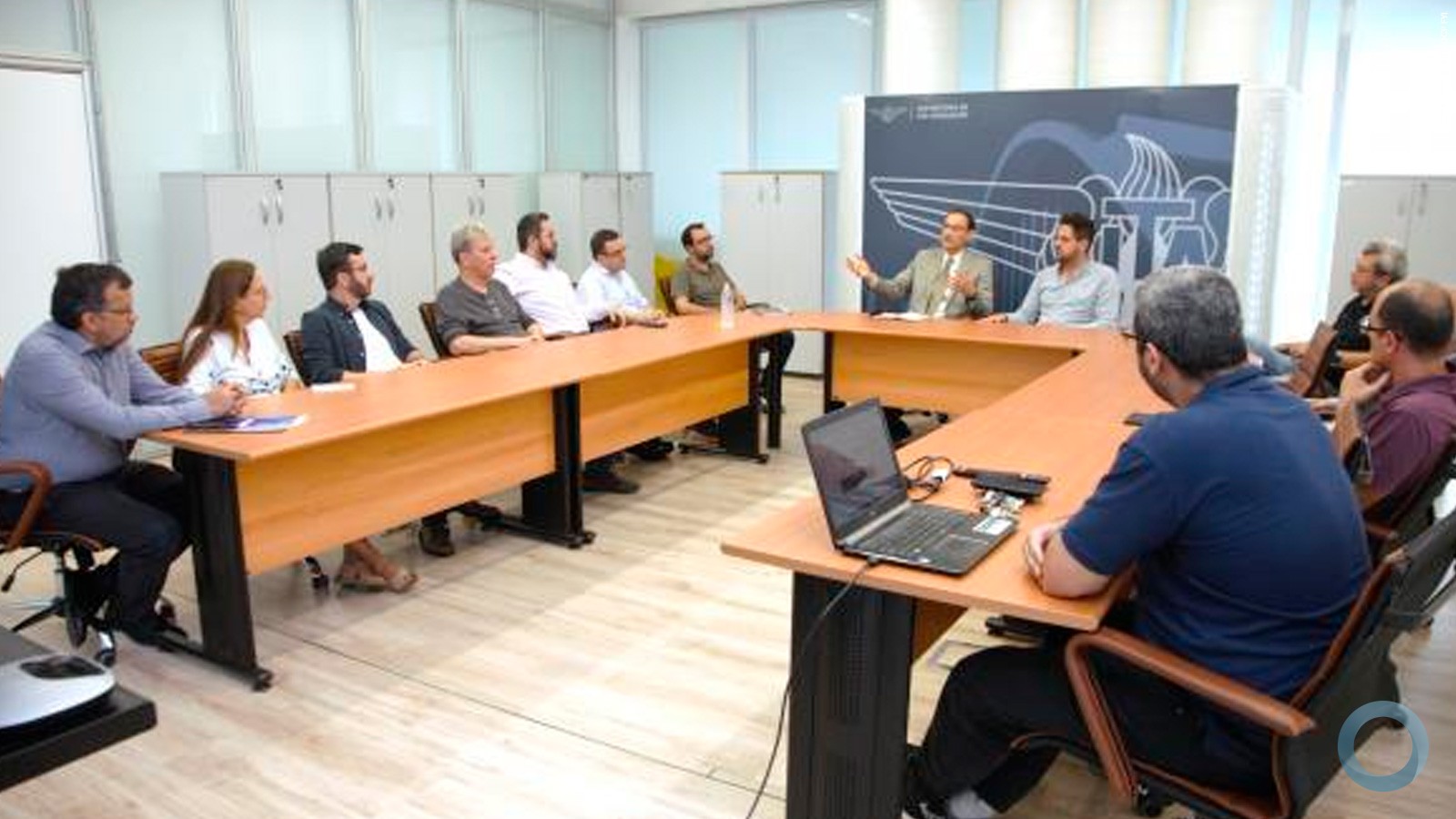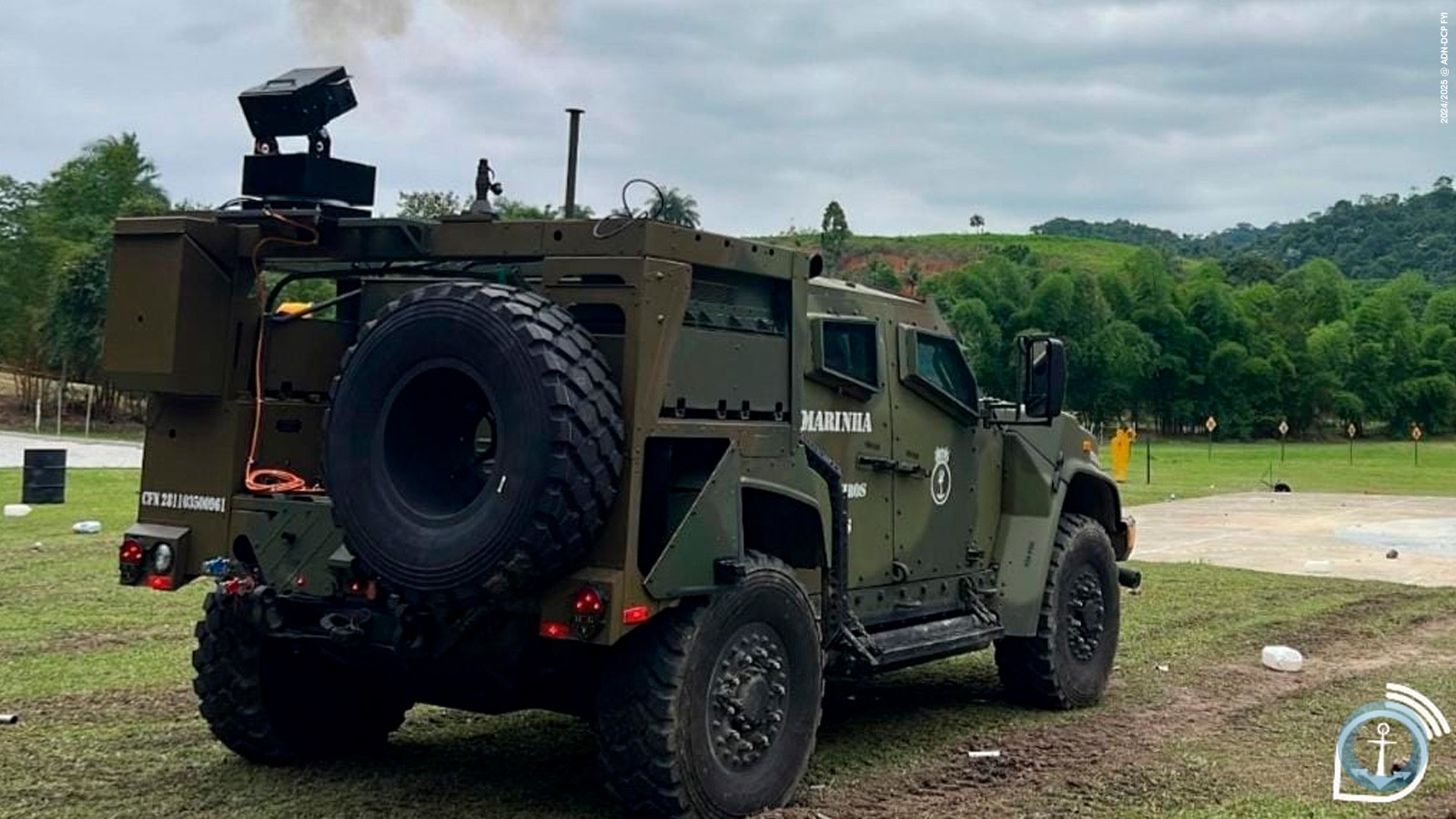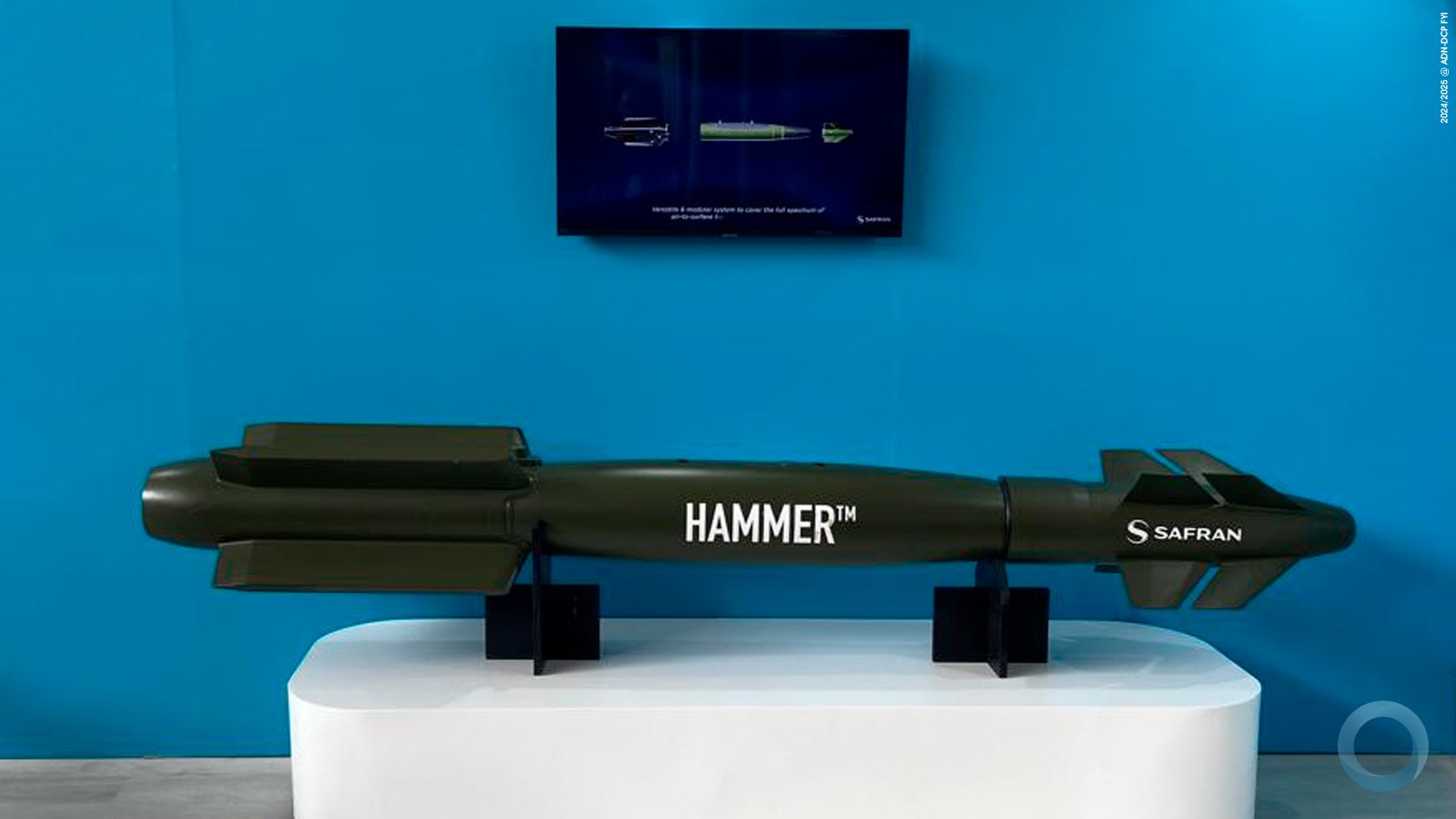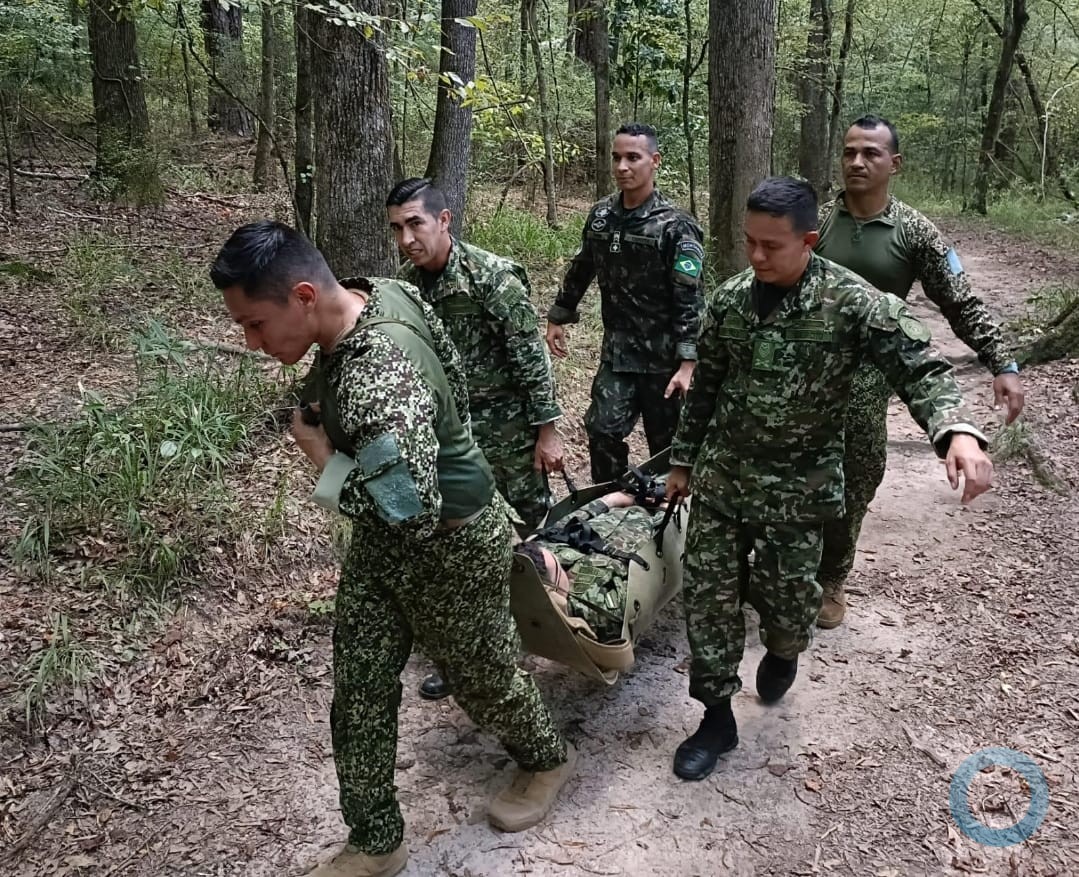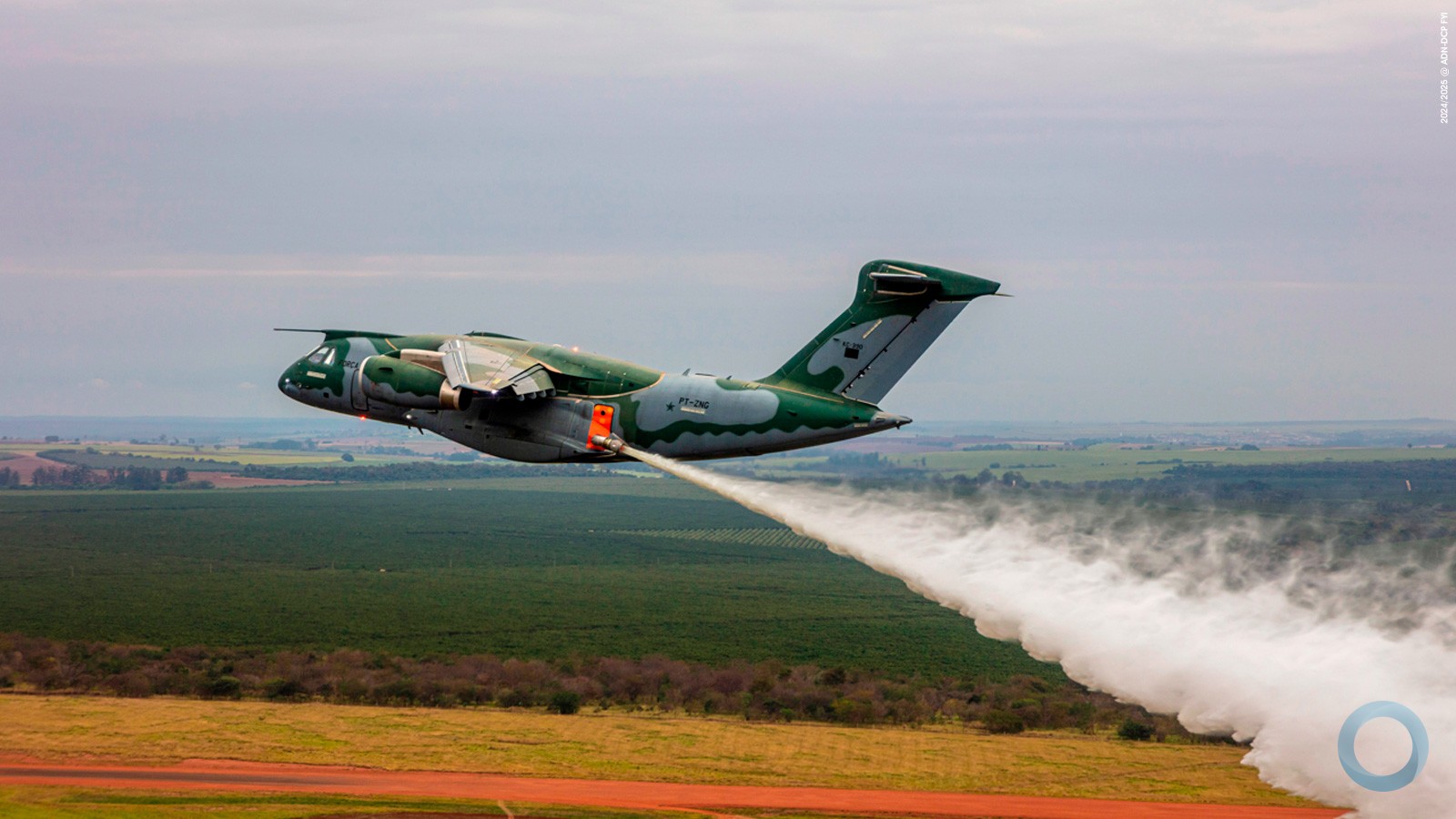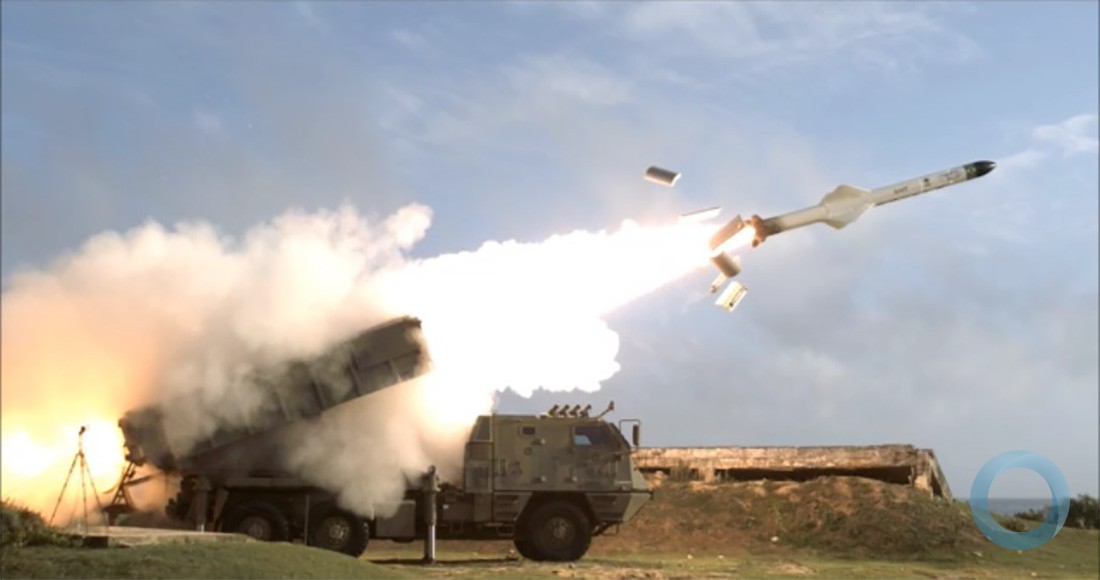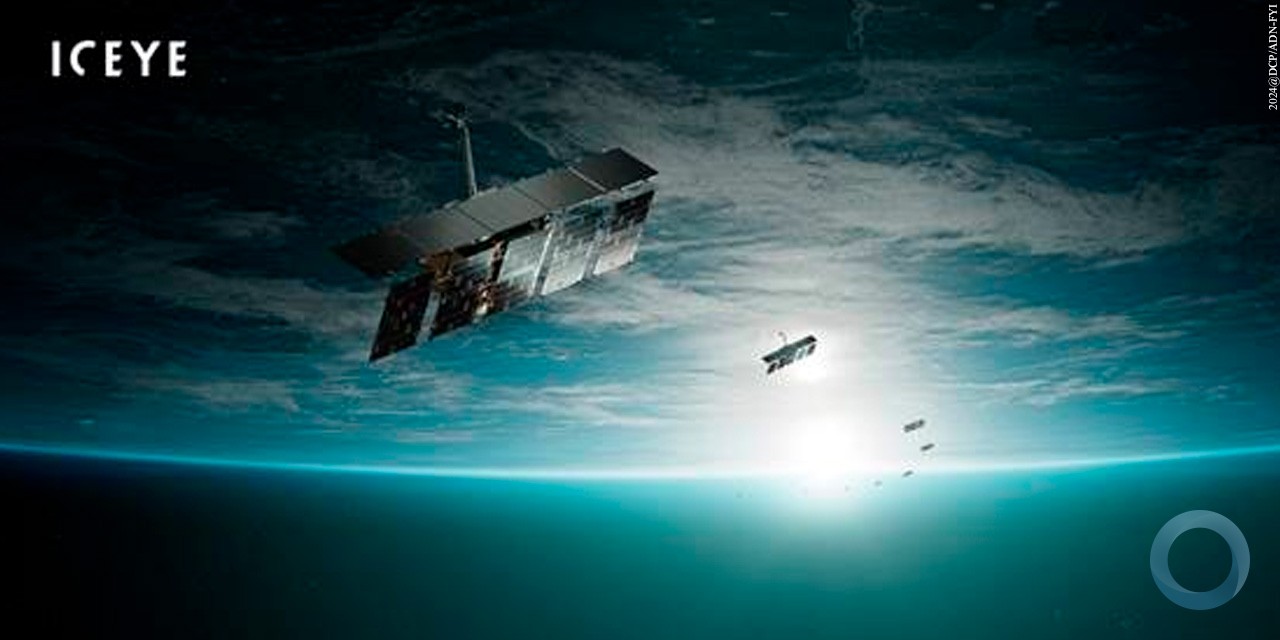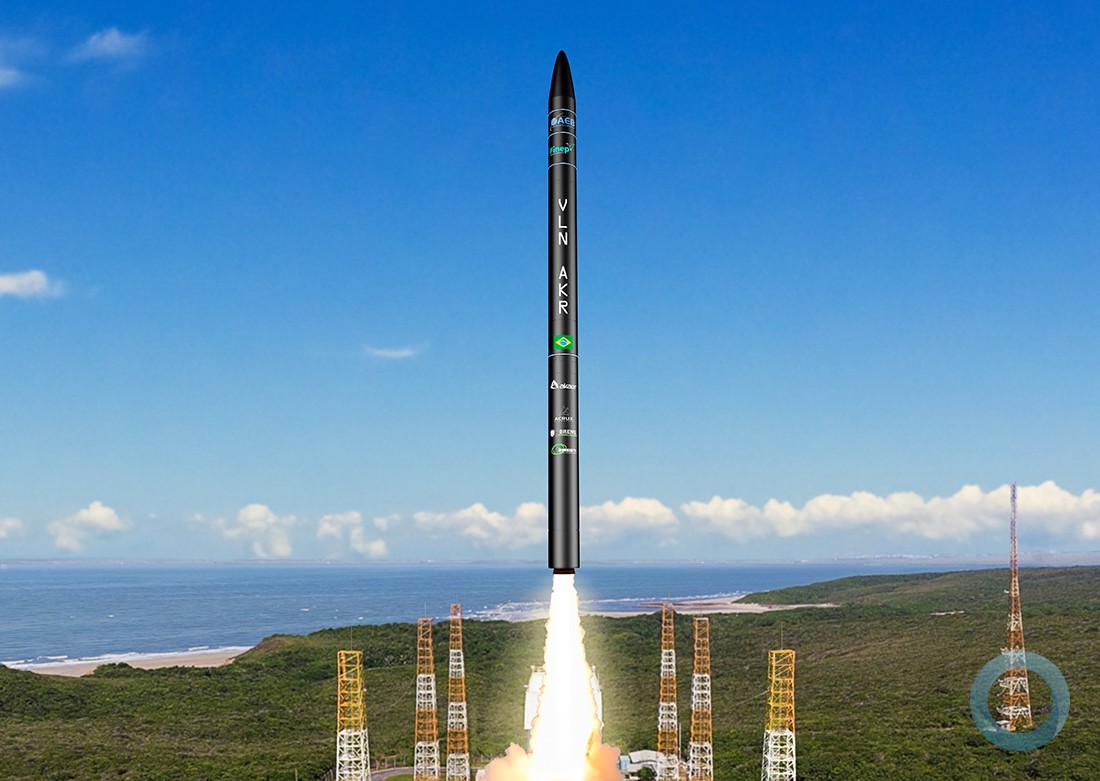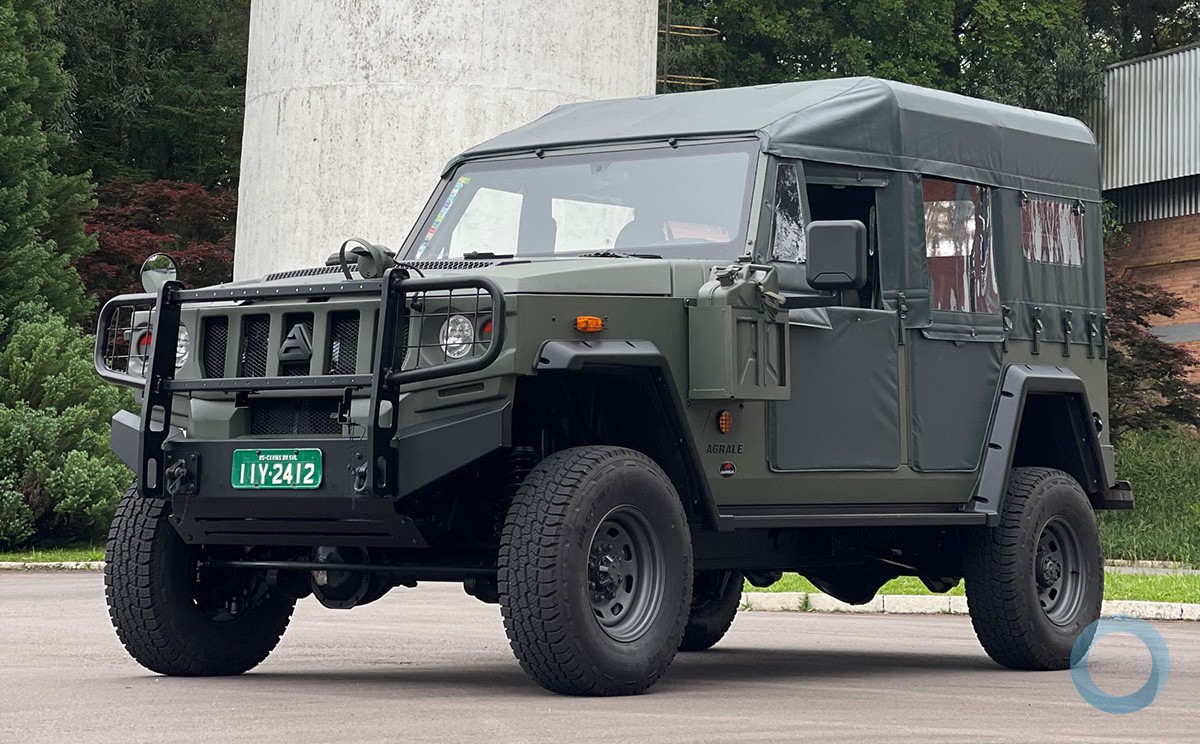Jim Garamone
American Forces Press Service
ABOARD A MILITARY AIRCRAFT – Army Gen. Martin E. Dempsey, on his way back from Brazil today, said he hopes to expand military-to-military relations with the country he said is “clearly, an economic engine globally.”
The chairman of the Joint Chiefs of Staff said he was pleased with “wide-ranging” discussions he had with Brazilian Defense Minister Antonio Celoso Amorim and top-ranking military official Gen. Jose Carlos de Nardi.
Dempsey also flew yesterday to Bogota, Colombia, then directly to the headquarters of the Amazon Military Command in Manaus.
The U.S. relationship with Brazil is a partnership of equals, U.S. Southern Command officials said. After years of promise, Brazil’s economy recently became the sixth largest in the world. With a population of 220 million, an educated workforce and abundant raw materials, the nation is poised to climb even higher.
National power is the aggregate of economic, diplomatic and military power, and Brazil already regards itself as an economic and diplomatic world power. Dempsey discussed how military power fits into the equation.
The leaders discussed common interests – transnational organized crime, border controls, intelligence sharing, technology transfers and cyber. “I went in hoping that we wouldn’t get bogged down in a single weapons system or on technology transfer, and we didn’t,” Dempsey said.
The chairman said he was not surprised that Brazil has the same concern as the United States about cyber. “The better they do economically and the more influence they have internationally, the more they see what we see, which is cyber is both our greatest opportunity and our greatest vulnerability,” he said, adding that cyber defense may be an area where the two military partners can work together.
Brazilian officials briefed the chairman on their military’s deployments, which the country limits to only those in which there is a United Nations mandate Brazil commands the U.N. mission in Haiti and serves in various other peacekeeping missions, Brazilian leaders told Dempsey.
“They are concerned about the Mideast, the long-term implications of the Arab Spring, whether we think Iran will respond to sanctions,” the chairman said. “They were interested in Libya and how the mission evolved from stopping the violence to trying to stabilize the land.”
They also discussed the regional picture. Brazil is at ease with the relationships it has with all its neighbors. “They see Colombia in a special light because they feel Colombia has made significant progress in containing the FARC insurgency,” Dempsey said. “That worried the Brazilians because they were afraid of spillover.”
Brazilian leaders told Dempsey they must deal with transnational organized crime. Brazil is second only to the United States in cocaine consumption, officials said.






